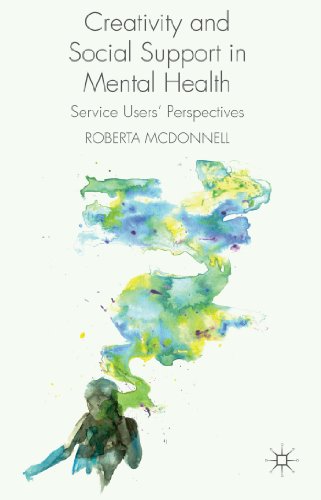
Three books came my way this Christmas, each about a unique artist and all with very different styles and perspectives.
Poet #1
Before Bob Dylan became the 2016 Nobel Laureate for literature, one academic in particular had already been teaching his poetry students about Why Dylan Matters. Professor Richard Thomas has now gifted us with these insights in a highly engaging read that is impeccably researched and to be enjoyed by academic and pure listener-reader alike. The Guardian hailed it with Music Book of the Year 2017 and here is one reader in total agreement.
Growing up and attending school during the 1950s in a small Minnesota town, young Robert Zimmerman absorbed a multitude of cultural influences that included Roman and Latin Classics amid other literary fodder. Later on, as he ventured forth into the wider American scene, Dylan explored modernist poets like Rimbaud and the writings of Beat authors like Jack Kerouac, all of whom helped shape the unique lyrics of the Bob Dylan canon. Yet the attachment of those words to a musical frame of increasingly sophisticated quality takes the singer-songwriter into a further dimension, one of musical virtuosity that draws from deep roots in American folk to begin with, then blues, country, rock and beyond. It is this intensity of musicianship combined with poetic lyricism that create the sheer enjoyment, intrigue and love of the Dylan canon for me personally and no doubt for many other lovers of Dylan’s work.
Throughout Martin Scorcese’s documentary film, No Direction Home, Dylan describes himself as a musical expeditionary and this is reflected in the ever-changing variety of styles and genres he has adopted to form his trailblazing career. Within that career as musician-lyricist, he is also no doubt a poet. His work, like poetry, exists as a multi-layered treasure, to be enjoyed anew with each listen.
Poet #2
In David Bowie: A Life, Dylan Jones adopts a chronological-biographical frame, populated by personal interviews and anecdotes from many of David Bowie‘s friends and contemporaries. In a clear avant garde tradition, Bowie songs seem to me to come from a symbolistic origin, whereas Dylan’s, at least early on, were more of a social commentary. Bowie’s abstract style is also a commentary of sorts, more focused on the inner life or inner space, as well as, paradoxically, the vast cosmological context of life – outer space – and on how that can be articulated through the media of the body, clothes, words and music. Bowie articulates alienation like no other.
Jones’s book is a ‘warts and all’ description of David Bowie’s life, especially the earlier ‘rock star’ years, yet it is also a fond and adoring one. We encounter the artist, driven by a creative instinct that was compelled to manifest in a continually renewing vortex of personas, music, lyrics, visual art and styles, with bodily appearance acting as a blank canvas and the stage as pure theater. As I have argued before, Bowie is a shapeshifter par excellence, a hurricane of creativity in relation to the forming and transforming self.
I found this book fascinating and an enriching addition to my indulgence in all things Bowie, especially the way in which the author brings us behind the scenes of the world in which he moved. Many individuals were involved in the ever-changing Bowie project, all of whom fed into what we know and love as the Bowie classics. Read the book.
Poet #3
My final consideration in this triad of Christmas gift books is the collection of essays and reviews of contemporary Jazz, written for the Telegraph newspaper from 1961-1971 by the Hull based poet Philip Larkin. Reading this book is like a safari into Jazz history, describing artists like Louis Armstrong, Sidney Bechet, Ella Fitzgerald and Billie Holiday as their recordings filtered in from the United States and Europe, as well as some well known band leaders within Britain itself, like Kenny Ball and Chris Barber.
While the merits and demerits of Larkin’s life and work are topics of considerable debate at the moment, there is no doubt that he loved Jazz and the people who created it and that, in his own words, in the final analysis, ‘what will survive of us is love’ (An Arundel Tomb).
Another Hull poet, Andrew Motion, has written extensively on Larkin’s life and work and presented a captivating portrait of him on the Sky Arts ‘Passions’ series. The following snippets are from the program and summarise Larkin’s offering as ‘glittering verse that spoke directly to, and about, post-war Britain’ and the uncertainty of life. It is this directness and connectedness with everyday life that forms Larkin’s appeal, welded to an ability to ‘create beauty from despair’. As Shane Rhodes contends, ‘He was incredibly accessible for an academic poet’.
In All What Jazz, I find the articles informative and fun. They have sent me off on a new pilgrimage into jazz music and songs, some reminiscent of growing up with my Dad watching Kenny Ball and his Jazzmen on TV, others complete revelations, especially the voice of a lady singing with the Chris Barber Jazz Band. She’s called Ottilie Patterson and she hails from Comber in Northern Ireland, just up the road from my home in Carryduff. Here she is; what a voice?!






